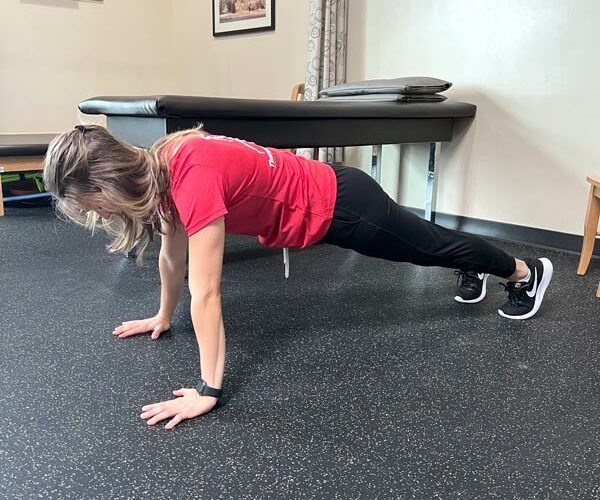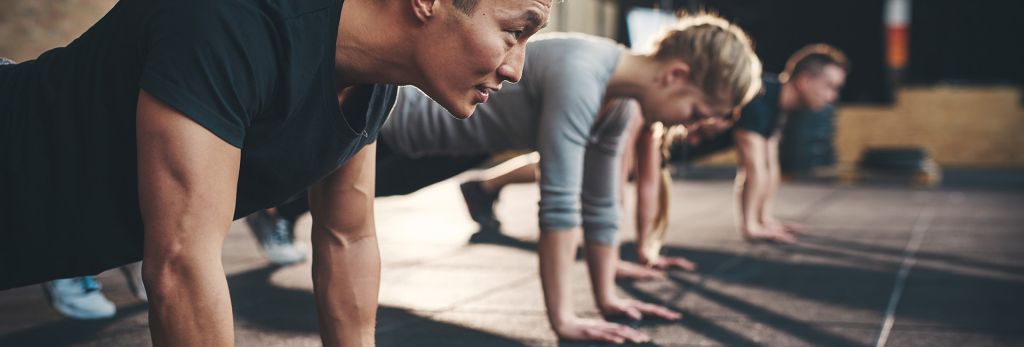Sorry to hear that you are having shoulder pain. Without a thorough examination, I am not able to comment on your specific condition, but I can offer some general information that may be helpful.
Pain in the shoulder can be from a variety of sources. It can be from an injury to your shoulder joint or tissue, or it may be coming from the neck or upper back. A physical therapist can perform special testing to determine if the problem is in your shoulder or if it is stemming from another location.
Although push-ups can be a nice body weight exercise when preformed with good form, they predominantly work the muscles on the front of your arms and shoulders. This can negatively impact the posture of your shoulder, pulling your shoulders into a more forward position over time, when done in isolation. It may be beneficial for you to begin a few exercises that work the muscles of the back of the shoulder, such as a row exercise, to improve muscle balance.
Increases in activity level can contribute to pain if the demand on the tissue exceeds the tissue’s ability to recover and repair. I would recommend taking a few rest days from push ups and yoga to allow the shoulder to recover from the demands of your increased activity. If this combination of rest and incorporating shoulder blade strengthening exercises is not sufficient to change your pain, I would recommend seeing a physical therapist.
A physical therapist will conduct a thorough evaluation to determine the source of your pain. They will also help develop a treatment plan to address your specific condition that may include a combination of targeted exercises, manual therapy, and more detailed adaptations to your exercise program, helping you improve your form with your current yoga and push-up activities.
To locate a Therapeutic Associates practitioner near you, visit our clinic locator here.
- Learn more about ways you can improve your posture in our blog: Posture Matters – 5 Exercises to Enhance Alignment and Well-Being.
- Check out the video in this blog spotlighting the Push-Up Plus, an optimal exercise for posture.
- If you work at a computer or desk all day, read about how ergonomics play a part in our health and well-being.

PT for a pain-free pushup.
At Therapeutic Associates Physical Therapy, our experts provide comprehensive evaluations and personalized treatment plans.

